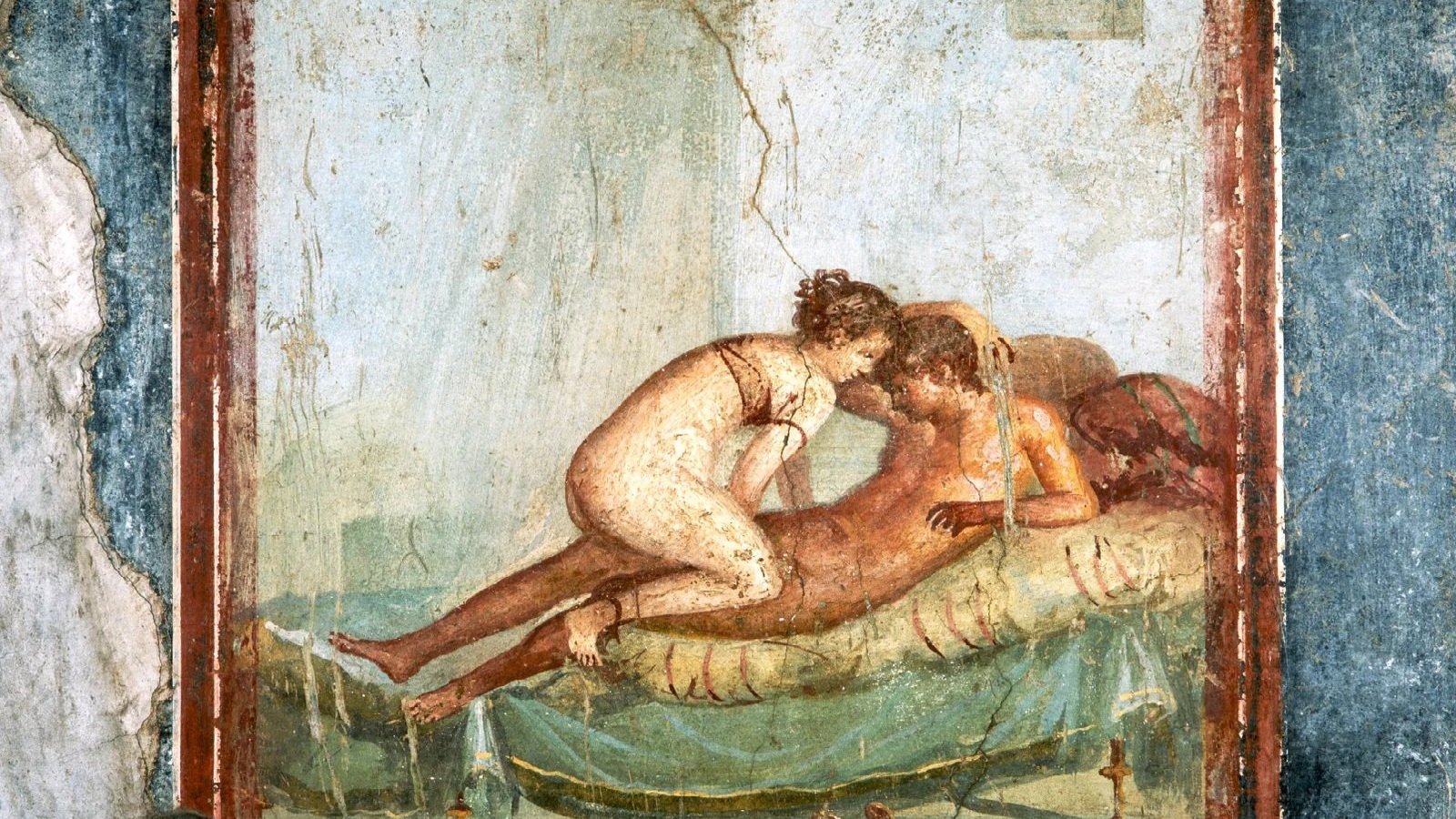Prostitution in Ancient Greece was a well-documented and integral part of daily life. Far from being marginalized, sex workers in ancient Greek society ranged from slaves to independent workers who could achieve wealth and status, their roles deeply intertwined with the cultural, economic, and even religious fabric of Greek life.
Types of Prostitution
Prostitution in Ancient Greece was a layered phenomenon, encompassing a variety of roles:
Pornai: The lowest class of prostitutes were largely slaves. These sex workers operated out of brothels that were often owned by wealthy slave owners and were common around the ports or other trading hubs. The conditions for pornai were generally poor, and their opportunities for freedom or advancement were minimal.
Hetaerae: Contrasting sharply with the pornai, hetaerae were educated and refined companions who served the social elite. These women often provided intellectual and conversational pleasure alongside sexual services and could build influential connections, maintain their own households, and enjoy a level of autonomy unknown to their lower-class counterparts.
Streetwalkers: These were independent sex workers who were neither slaves nor part of any brothel. They operated independently, soliciting clients in the streets, and had more control over their earnings than pornai but less security and prestige than hetaerae.
Economic and Legal Framework
Prostitution was legal in Ancient Greece and seen as a necessary service that was vital to the city, especially in port cities like Athens and Corinth. Brothels paid taxes, and sex workers could be a source of substantial revenue for the state. This legal recognition did not, however, confer respectability on the profession, and societal attitudes toward prostitutes were complex and often contradictory.
Cultural and Religious Aspects
In Greek religion, sex and fertility were celebrated, most notably in the cults of Aphrodite and Dionysus. In Corinth, the Temple of Aphrodite was famed for employing a significant number of female servants, some of whom engaged in sacred prostitution as a form of worship. These religious associations, however, did not necessarily elevate the social status of sex workers but highlighted the spiritual significance of sexuality in Greek culture.
Social Perceptions and Literary Depictions
In literature, Greek prostitutes could occasionally be portrayed with sympathy and depth, particularly in the comedies of Aristophanes and the dialogues of Plato, where they sometimes appear as characters who provide philosophical insight. More often, however, they were depicted in terms that reinforced their marginal status within the Greek social hierarchy.
The Greek philosophers had varying views on prostitution. While sex work was seen as a necessary evil by many, philosophers like Solon instituted reforms to regulate and control the industry, suggesting a pragmatic approach to its inevitabilities.
Conclusion
Prostitution in ancient Greece was a multifaceted institution that reflected the complexities of the society's views on sexuality, economics, and social order. From the celebrated courtesans to the often-ignored street workers, the world of Greek prostitution was a reflection of both the values and the contradictions of Greek society.
This institution not only provided economic benefits and served religious functions but also highlighted the rigid stratifications and gender dynamics of ancient Greek society, where freedom and respectability could be as commodified as the bodies of those in the sex trade.
Source:
https://www.worldhistory.org/article/28/prostitution-in-ancient-athens/
https://en.wikipedia.org/wiki/Prostitution_in_ancient_Greece









